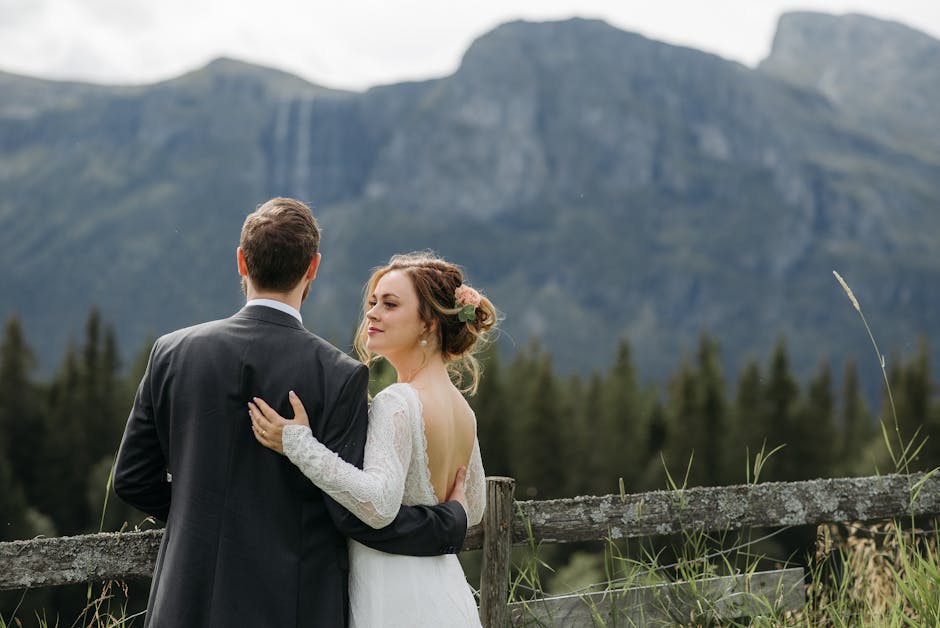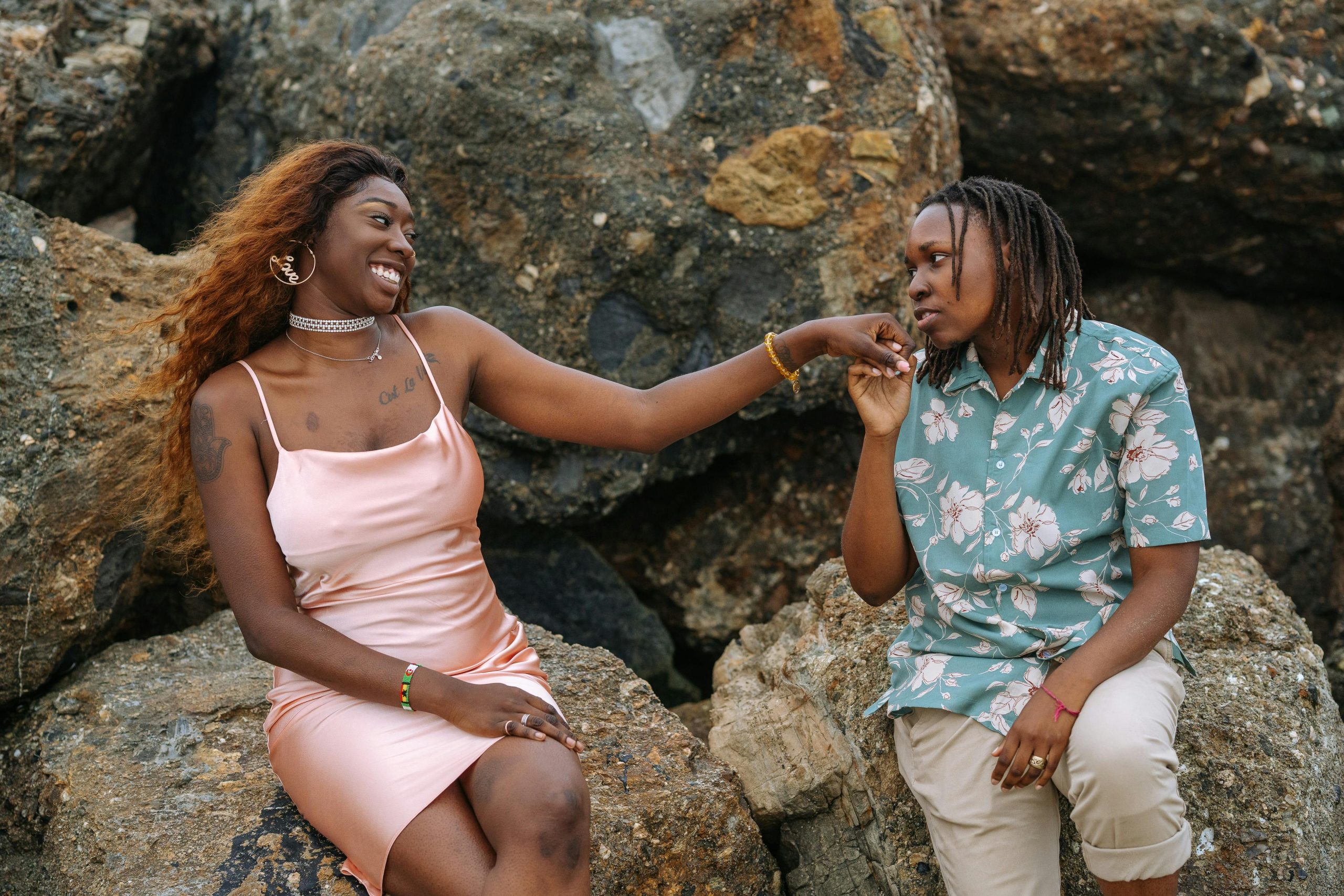Dismantling the Stigma Around Relationship Counseling
 Entering the world of relationship counseling can feel daunting. For many, there’s a pervasive stigma attached to seeking help, which makes it harder to reach out for support. But it’s time to dismantle this stigma around relationship counseling! Let’s explore the real benefits of counseling, the common myths that create barriers, and how embracing this path can lead to healthier, happier relationships.
Entering the world of relationship counseling can feel daunting. For many, there’s a pervasive stigma attached to seeking help, which makes it harder to reach out for support. But it’s time to dismantle this stigma around relationship counseling! Let’s explore the real benefits of counseling, the common myths that create barriers, and how embracing this path can lead to healthier, happier relationships.
Understanding the Stigma
Why does a stigma exist around relationship counseling? For some, it’s rooted in cultural beliefs. Society often portrays couples who seek help as “broken” or “weak.” This couldn’t be further from the truth! In reality, seeking help shows strength, vulnerability, and a willingness to grow.
Think about it this way: just like we go to the doctor for a physical ailment, why wouldn’t we seek a counselor for our emotional and relational health? Dismantling the stigma around relationship counseling also means redefining what it means to seek assistance in our partnerships. No one expects you to navigate a relationship perfectly. Just as an athlete trains their body to perform better, couples can train their relationship skills to thrive!
Common Myths About Relationship Counseling
Several myths surround relationship counseling, creating hurdles that prevent loving couples from seeking help. Let’s break these down!
Myth 1: Only “Troubled” Couples Go to Counseling
One major misconception is that only couples in crisis turn to counseling. Sure, some pairs seek help during tough times—job loss, infidelity, or communication breakdowns. However, many couples regularly attend counseling to bolster their connection and enhance their skills! Even the most loving and dedicated partners can benefit from a little guidance. Just as individuals seek therapists for personal growth, couples can also strive for a deeper bond.
Myth 2: Counseling is Only for the Weak
Another harmful myth is that seeking help signifies weakness. On the contrary, it requires immense courage to confront problems head-on. By dismantling the stigma around relationship counseling, we recognize that asking for help is one of the most robust actions a person can take. It takes dedication and love to work through issues rather than sweep them under the rug.
Myth 3: You’ll Be Judged
Many fear that counselors will judge them or their relationship. This worry creates unnecessary barriers that prevent couples from accessing the support they need. In truth, relationship counselors are trained to listen without judgment. They help couples explore their issues in a safe and respectful environment. It’s a space to seek understanding, not condemnation.
The Benefits of Relationship Counseling
Now that we’ve tackled the myths, let’s talk about the benefits of relationship counseling. Why is it worth navigating past the stigma? The answers may surprise you!
Improved Communication
One of the essential areas where counseling shines is communication. Couples often fall into patterns of miscommunication or avoidance. A skilled counselor can help partners articulate their feelings, needs, and frustrations. This improved communication fosters empathy and understanding. Soon, couples find that expressing their thoughts becomes easier and brings them closer together.
Conflict Resolution Skills
Every relationship will face conflict at some point. Whether it’s about finances, parenting, or household chores, disagreements happen! However, relationship counseling equips couples with valuable conflict resolution skills. Couples learn how to tackle their disputes with respect and care. They discover how to disagree without causing harm. Over time, differences become opportunities for growth rather than sources of tension.
Renewed Connection
Sometimes, relationships need a little spark. Dismantling the stigma around relationship counseling can lead couples to rediscover and deepen their love. A counselor can guide partners through exercises aimed at rekindling that initial flame. Believe it or not, creating shared experiences, laughter, and intimacy often emerges from these sessions. What’s not to love about that?
Making the First Step
Are you still hesitating? Breaking the silence is often the hardest part of seeking help. Start by talking to your partner about the idea of counseling. Frame it as an opportunity for growth—something that can benefit both of you. Remember, approaching it together can strengthen your bond even further.
When you both feel ready, research potential counselors and scheduling options. Many now offer virtual sessions, making it easier than ever to fit counseling into your busy lives! Look for someone who prioritizes a non-judgmental and supportive environment.
Conclusion
Dismantling the stigma around relationship counseling is crucial. It’s about promoting understanding and compassion. By addressing myths, discussing the benefits, and encouraging open dialogue, we can create a culture where seeking help is celebrated, not scorned.
So, if you’re in a relationship and hit a bump in the road, remember that counseling offers a path forward. It’s not a sign of failure but a commitment to growth and connection. Let’s eradicate the stigma, embrace the journey, and look forward to healthier, happier relationships! Your love story deserves every chance to flourish.


